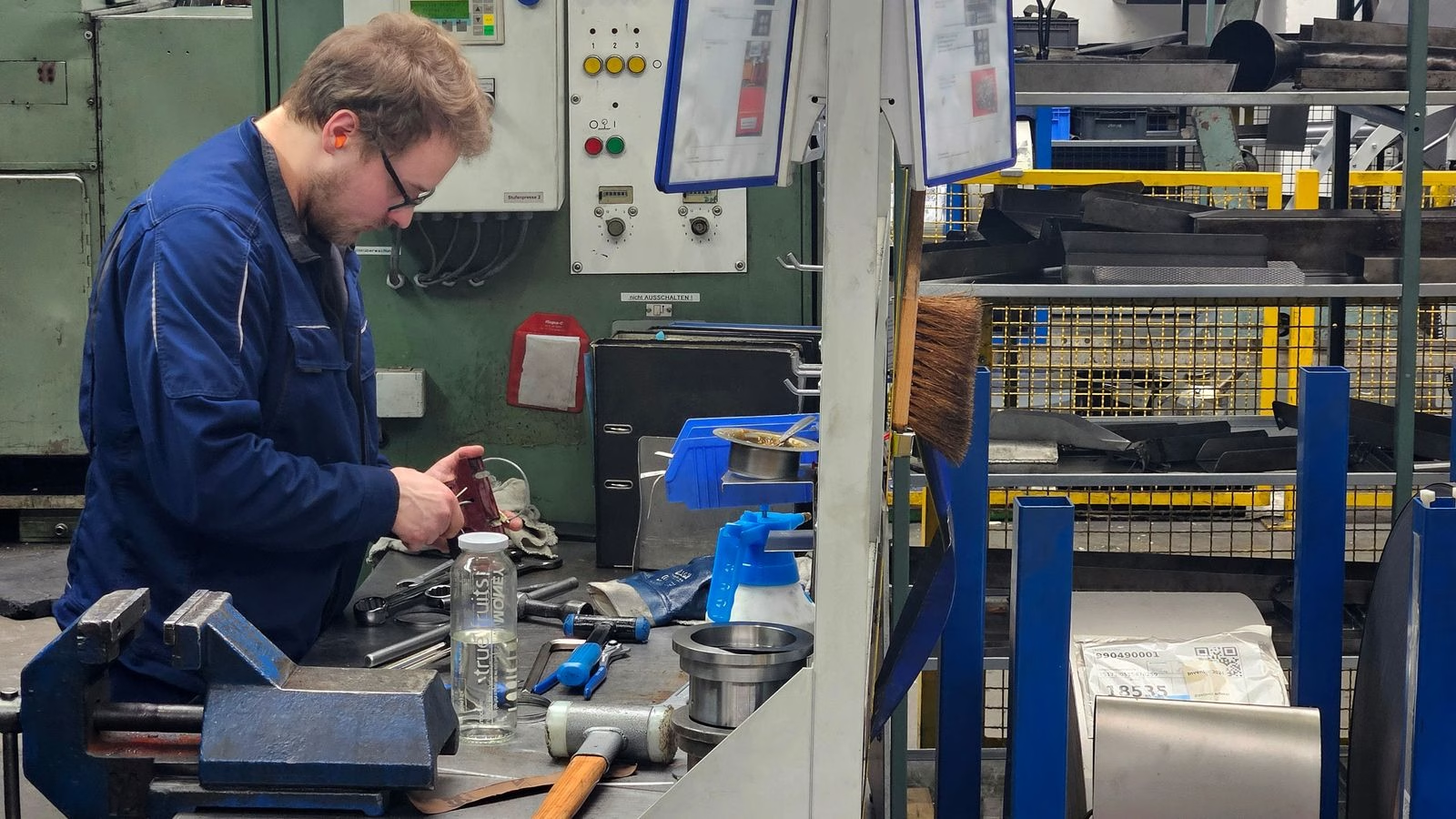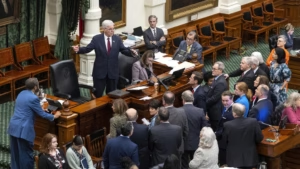<div data-component-name="ui-article-body" data-highlight-intro="true">
Located in East Germany, HENNgineered factory is producing a car part every second, delivering millions of pieces to fuel the nation's vital motor industry.
Situated in Zwickau, a city where vehicles are paramount, the United States stands as Germany's key trading partner in the automotive sector.
In 2024, automotive exports to the US amounted to €36.8bn (£30.7bn), according to data from the German Automobile Association.
President Trump's introduction of 25% tariffs on all passenger cars and light commercial vehicles imported into the US poses a significant challenge for manufacturers and suppliers alike.
<div class="sdc-article-widget sdc-article-image">
<!-- Image with caption representing the tariffs' impact -->
</div>
"Such tariffs would be very hard. It could make companies decide to move to the US to produce there, which might also mean jobs are lost here in Germany," comments site manager Matthias Wissel.
Volkswagen is now the main local employer, providing around 10,000 jobs.
<strong>Read more:</strong> <a href="#" target="_blank">Trump's car tariffs condemned</a>
Car building has a long-standing legacy, with the first vehicle made in Zwickau around 120 years ago.
The city museum proudly showcases cars through the ages.</p>
<p>One room features shiny silver racing cars, while another displays brightly colored Trabants.</p> <!-- Additional image with caption -->
<!-- Images and text about the museum and car industry -->
<p>The city developed cars from the German empire through to the current modern republic," explains Thomas Stebich, head of August Horch Museum.
While the immaculate car displays celebrate the city's pioneering past, tariffs have created uncertainty about the future.
</div>
Source: https://news.sky.com/story/if-vw-disappears-people-wont-stay-in-the-town-anymore-fears-over-trumps-car-tariffs-13337006
Like this:
Like Loading...








